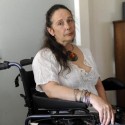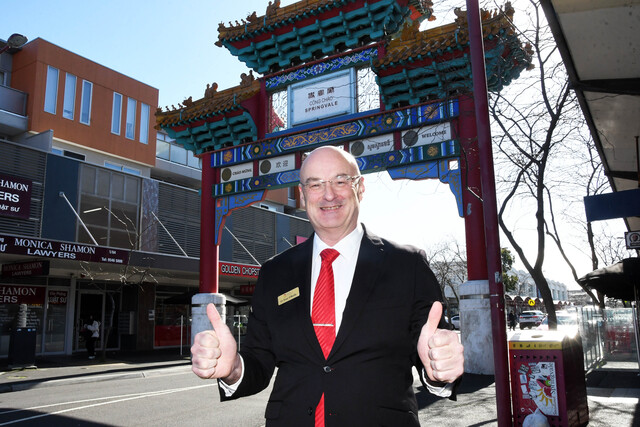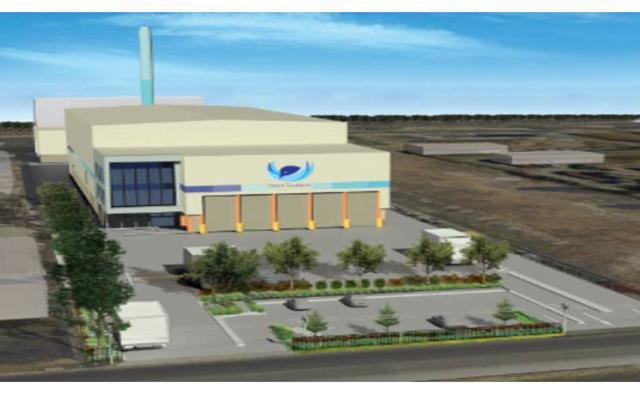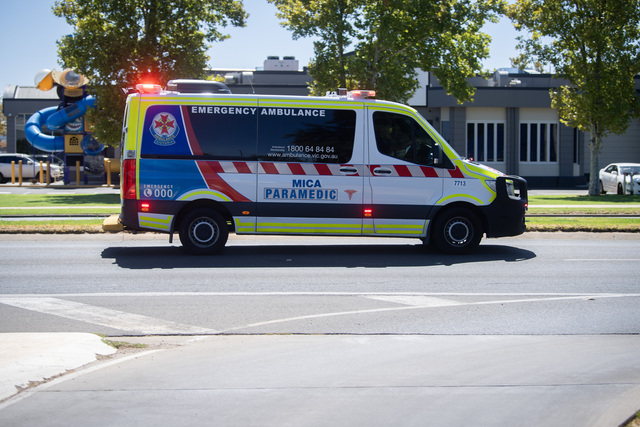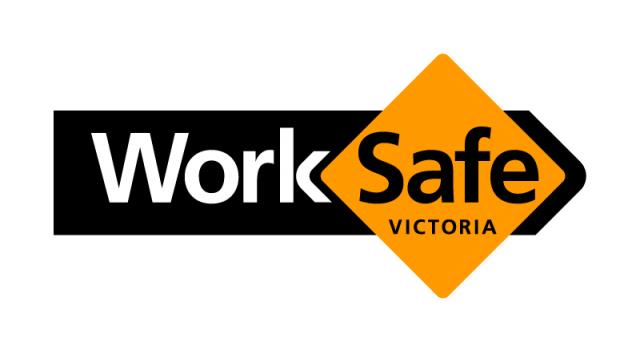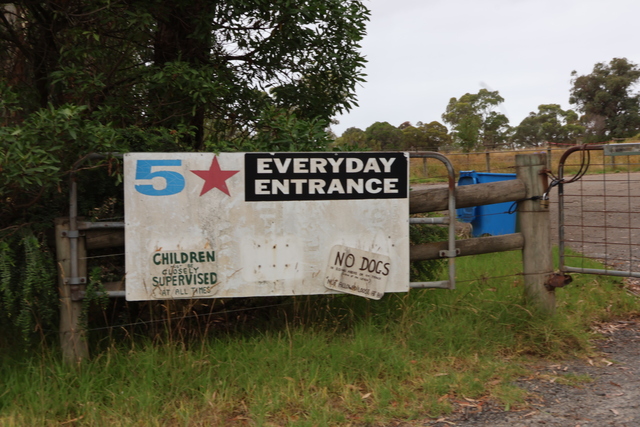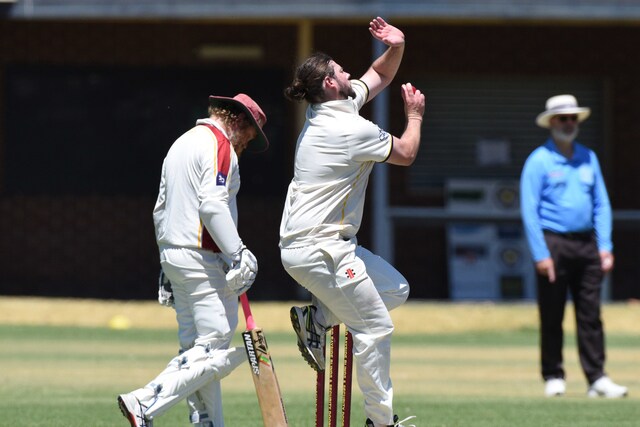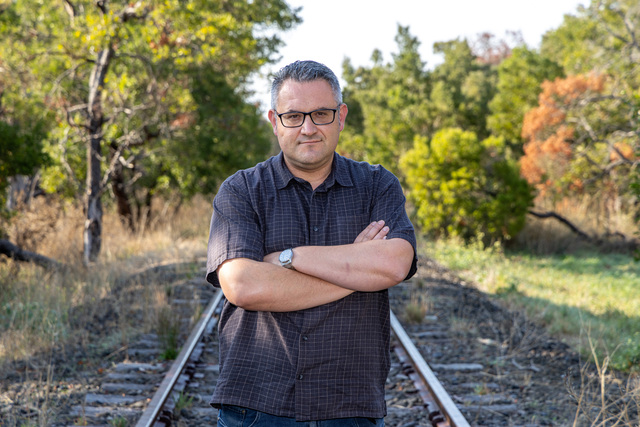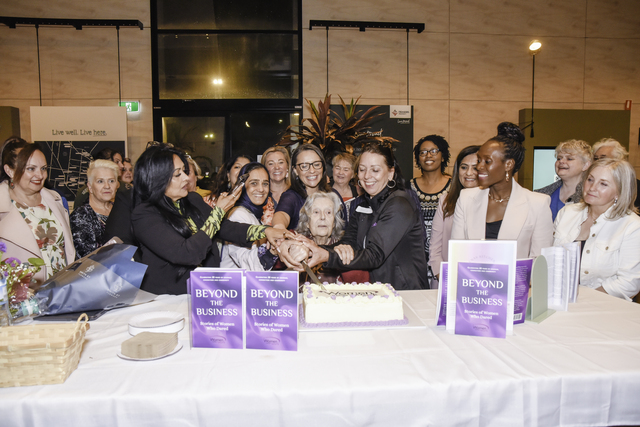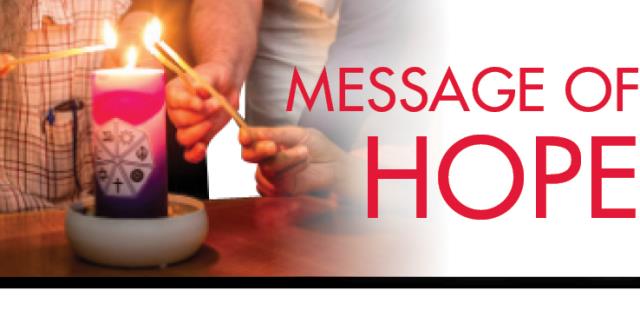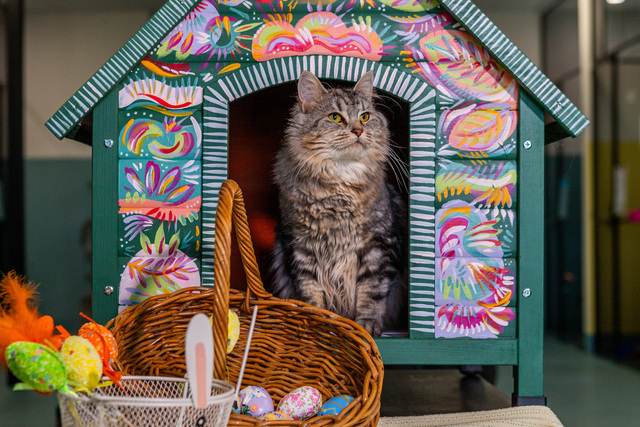By CAM LUCADOU-WELLS
FRIGHTENED parents with disabilities are not registering their children’s births because their previous children have been taken away from them, according to a south-east based advocate.
And Michelle de Hommel, who has successfully raised six children and is the head of Parents With a Disability, said recent changes to child protection laws could create a “new stolen generation”.
Ms de Hommel said she knows of parents with a disability who, out of fear of losing their kids because the Child Protection Service says they can’t look after them, are avoiding registering their births or are fleeing interstate.
Her group, the Law Institute of Victoria and the Office of the Public Advocate have spoken out against the change, which mandates courts to order that children who are out of home for 12 months are put into permanent care.
The natural parents then have access to their children four times a year until they turn 18.
Ms de Hommel has “joined the dots” between this new focus on “permanent care” to a high-profile campaign to relax adoption laws of Australian children.
The losers are parents with a disability, she said.
Her group advocates for a boost in state-funded support – above the current three-hours-a-week of assistance afforded by the Department of Health and Human Services.
“The money is just not going to parents, who may need just a few more hours of support.”
Colleen Pearce, the state’s Public Advocate, said on Tuesday 22 September that children were being removed from parents with disabilities at a much higher rate than parents without disabilities.
She said the child protection law changes would be “devastating” for parents with disabilities trying to retain their children.
“Disability is assumed to be a risk to children,” Ms Pearce said.
“There is no credible evidence to support this assumption.”
Ms Pearce said the DHHS was prone to put “negative scrutiny” over parents with a disability rather than giving support and encouragement.
“In a risk-averse system, parents with disabilities are being assessed as being inherently at risk of poor parenting, even before it is tested and without supports to assist success.
“Research shows that it is overwhelmingly more beneficial for children to live in their biological family home whether or not their parent has a disability.”
Families and Children Minister Jenny Mikakos said a number of family services and parenting supports were available including individual support packages, case management, aids and equipment, respite and behaviour intervention support.
“All new child protection practitioners receive specific training on parents with a disability to ensure they receive the appropriate support required, often in very stressful circumstances.
“DHHS will carefully consider the Office of the Public Advocate’s report.”

